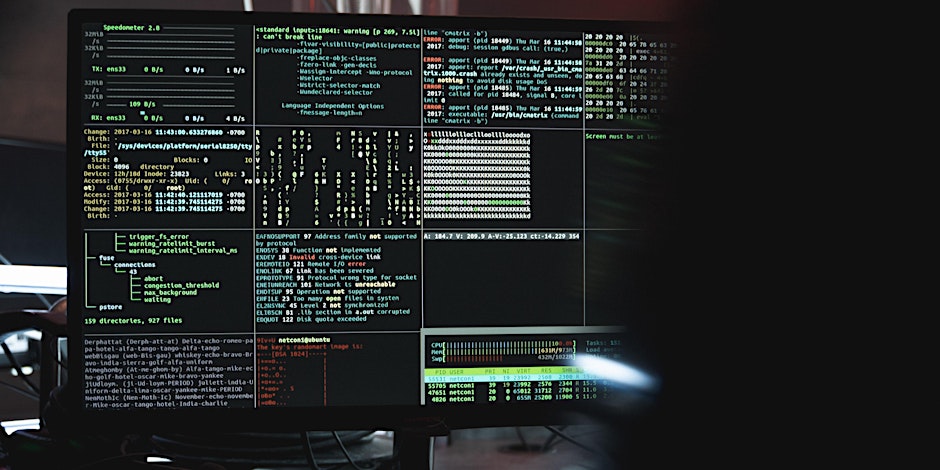Join us to discuss the rules of cyber-war and why it's considered a real war.
Watch the video
Synopsis
The rules of cyber-war and why it's considered a real war, comparable to the conventional are shown using real life examples, showing how dangerous cyber-warfare can be, and how it can be used against a nation or a big company.
Advanced Persistent Threats (APT): APT is an acronym coined by the U.S. Air Force in 2006. APT are modern cyber “weapon of choice” used by governments and/or private subjects to obtain secret data or information. The Cyber espionage is a real threat. Using APTs your enemies can achieve several goals: Political, Economical (e.g.: theft of intellectual property), Technical (e.g.: theft of source code for new exploits), Military objectives (e.g.: finding enemy’s weaknesses). After a short description of the major APT groups operating in the middle-east, which extend their battlefield up to our countries, we’ll focus on a major attack: the “OilRig” which remained undetected for several years. This massive campaign targeted government entities in the Middle-East and Europe, airports and the energy sector. The presenter will describe how this was possible, and why the malware wasn’t discovered until several years from the initial infection, the investigation and remediation activities performed.
About the speaker
Prof. Claudio Cilli is a recognized world leading authority in the areas of National Security and Intelligence, company protection, information systems security and compliance, with over 25 years of experience. He currently advises governments and int’l companies in the cyber-security and critical infrastructures protection areas.
University professor and researcher. Lesson arguments include computer science, software compilers, lexical and semantic analyzers, information systems analysis and development. Member of the scientific and advisory boards. Teacher in the post-graduate master’s in computer security and IT Governance.
Consultant to the U.S. Government and companies who supply the Department of Defense. Consultant at the United Nations. With many big firms, he is responsible of IS Audit and security projects, which include civil and military sectors, software quality and code security, security of the information systems and installations. Designed and implemented systems based on mainframes and distributed architecture, including Disaster Recovery and both data and physical security, information and site protection.
Our events are for adults aged 16 years and over.
BCS is a membership organisation. If you enjoy this event, please consider joining BCS. You’ll be very welcome. You’ll receive access to many exclusive career development tools, an introduction to a thriving professional community and also help us Make IT Good For Society. Join BCS today
For overseas delegates who wish to attend the event, please note that BCS does not issue invitation letters.
COVID-19
BCS is following government guidelines and we would ask attendees to continue to also follow these guidelines. Please go to https://www.nhs.uk/conditions/coronavirus-covid-19/ for more information, advice, and instructions.
This event is brought to you by: BCS London Central branch, BCS London South branch, BCS North London branch and BCS Fellows Technical Advisory Group (F-TAG)














